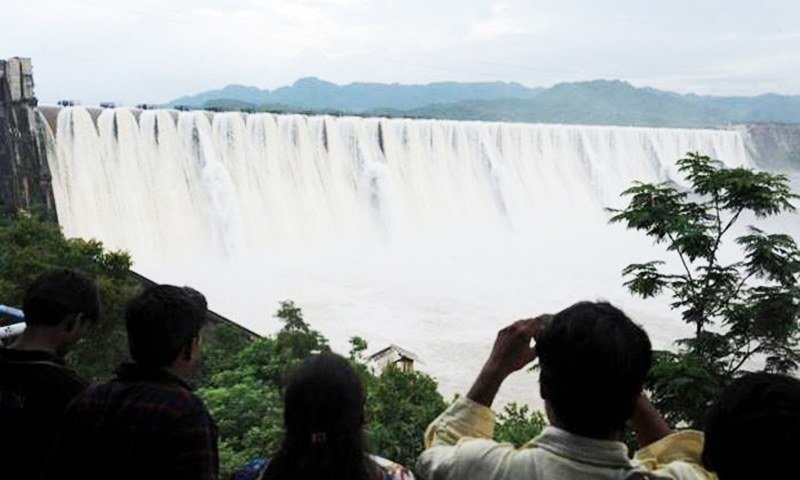
Pakistan Condemns India Over Sudden Water Release into Sutlej River
Unprecedented Flood Crisis in Punjab
Pakistan has raised strong objections after India released a massive volume of water into the Sutlej River, a move that has worsened flood conditions across Punjab. The sudden discharge, carried out without prior coordination, has led to widespread devastation in several districts. Villages now lie submerged, crops have been destroyed, and thousands of residents have been forced to leave their homes in search of safety.
Emergency officials in Punjab are working tirelessly to manage the crisis, but the scale of destruction continues to rise as floodwaters spread across vast areas. Local authorities are warning that the situation remains volatile, with several embankments under severe stress.
Violation of the Indus Waters Treaty
The latest development has sparked serious concerns over India’s adherence to the Indus Waters Treaty, a landmark water-sharing agreement signed in 1960 under the mediation of the World Bank. The treaty outlines mechanisms for information-sharing and cooperation between the two countries over the use of shared rivers.
By releasing such a large volume of water without prior notice, officials argue that India has acted irresponsibly and undermined the spirit of the treaty. Pakistan’s Ministry of Foreign Affairs has called the act “reckless and dangerous,” stressing that water issues between the two neighbors must be managed transparently to prevent humanitarian crises. Analysts believe this incident may further fuel tensions between the two nuclear-armed nations, already burdened with a history of strained relations.
Impact on Agriculture and Rural Communities
One of the most severe consequences of the flood has been the destruction of standing crops across Punjab, an agricultural heartland that provides a major share of Pakistan’s food supply. Farmers, already grappling with rising input costs, now face immense losses as fields of rice, maize, and sugarcane have been drowned under floodwaters.
Rural communities remain the most vulnerable in this disaster. Entire families have been displaced, livestock swept away, and essential infrastructure including roads and schools damaged beyond repair. Relief camps have been established in affected districts, but the influx of displaced people has created pressure on resources, raising fears of food shortages and health crises in the days ahead.
Emergency Response and Precautionary Measures
Authorities have deployed rescue teams, including military units, to evacuate stranded residents and provide immediate relief. Boats, helicopters, and medical camps are being used to assist flood victims. The National Disaster Management Authority (NDMA) has urged people living in low-lying areas to relocate to safer ground until the water levels recede.
Hospitals in the flood-hit zones have been put on emergency footing as concerns grow over waterborne diseases and outbreaks of infections. Clean drinking water and sanitation facilities remain scarce in many areas, increasing the risk of public health emergencies.
Rising Humanitarian Concerns
Humanitarian organizations operating in the region have emphasized the urgent need for coordinated relief efforts. Food, tents, medicines, and clean water are the most pressing requirements for those displaced. Reports from affected areas suggest that children and elderly individuals are facing the most difficulty in coping with the crisis.
The psychological toll of repeated floods is also weighing heavily on communities. Many of those affected have experienced similar disasters in recent years, leaving them with little means to rebuild their lives. The recurring cycle of displacement and loss has raised calls for long-term flood management and infrastructure investment in vulnerable regions.
Broader Geopolitical Repercussions
Beyond the immediate humanitarian disaster, the sudden release of water has triggered a diplomatic storm. Relations between Pakistan and India have long been strained, and water disputes are among the most sensitive issues between the two countries. Political experts argue that such unilateral actions not only endanger lives but also escalate regional instability.
The incident has highlighted the urgency of stronger bilateral mechanisms for water management, as climate change continues to increase the unpredictability of river flows. Without dialogue and cooperation, future disputes over transboundary water resources risk becoming even more destructive.







